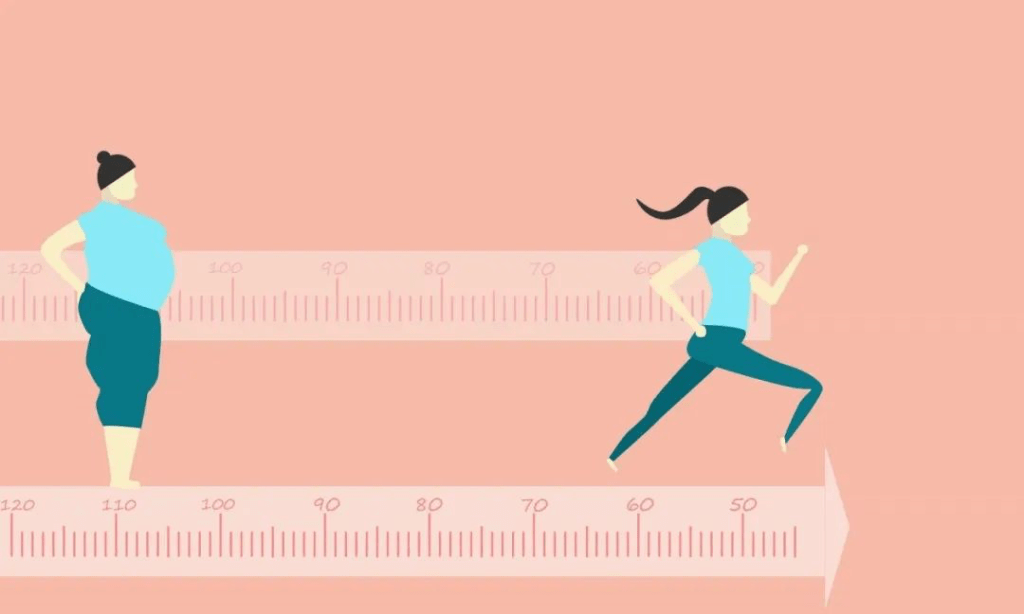Orlistat: The Right And Wrong Of The Netflix Diet Pill


With the improvement of living standards nowadays and the adjustment of people’s lifestyles and dietary outcomes, the number of overweight and obese people is on the rise year by year worldwide. Overweight and obesity have become a serious public health problem.
What is overweight or obesity?
Simply put, it is a classification based on BMI (body mass index BMI = weight/height squared (international unit kg/m2)), with a body mass index of 18.5-23.9 being normal, 24 ≤ BMI < 28 being overweight, and BMI ≥ 28 being obese. For our often said big belly, is the abdominal obesity, can use the waist circumference to determine, male waist circumference ≥ 90cm, female waist circumference ≥ 85cm can be diagnosed as abdominal obesity.
Obesity, for us already, not only affects our daily life, but also endangers our body, increasing the incidence of hypertension, diabetes, hyperlipidemia and other diseases. It is imperative to lose weight. So, as the only approved oral weight loss drug orlistat in China, it is being promoted as a weight loss miracle drug on the internet. So what’s so amazing about Orlistat as a Netflix diet pill?
The special weight loss effect of Orlistat
Orlistat as a weight loss drug, mainly acts on the gastrointestinal tract, can reduce the absorption of fat and its metabolites in food to reduce calorie intake. It also suppresses the appetite of obese patients and reduces food intake, achieving a dual lipid-lowering effect. About 40 million people worldwide have achieved weight loss success with orlistat. Previous studies have shown that patients taking Orlistat lose an average of 3% more weight than those who do not take Orlistat. Orlistat has also been shown to lower blood lipid, blood sugar and blood pressure levels.
So is Orlistat safe?

Considering that orlistat is a drug, it is a drug that must have adverse reactions.
- Gastrointestinal adverse reactions. Orlistat common adverse reactions are gastrointestinal reactions, because orlistat through the intestinal excretion, and inhibit the absorption of fat, so orlistat common nausea, vomiting, fatty stools, etc., the incidence of about 26%
- Rare liver injury. Orlistat may lead to the development of liver damage. According to reports received by the FDA, between 1999 and August 2009, there were 13 cases of serious liver damage in patients using orlistat, including 2 deaths due to liver failure and 3 cases requiring liver transplantation. As of December 31, 2010, there were 6 cases of hepatic impairment among patients using orlistat in the case report database of the National Adverse Drug Reaction Monitoring Center in China, including 1 case of drug-related hepatitis
- Allergic reactions. Allergic reactions can also occur with orlistat. According to the UK Medicines and Healthcare Products Regulatory Agency and the Medicines Safety Commission, 182 cases of orlistat-related adverse reactions were reported from September 1998 to February 2005, with skin and subcutaneous tissue damage, mainly in the form of a mossy rash. Long-term use of orlistat can also cause deficiencies of vitamins A, D, E, K and carotenoids, which require multivitamin supplementation during administration.
Conclusion
Although orlistat is the only oral weight loss drug we currently have approved, it can have adverse effects. On the road to weight loss, what we need most is to keep our mouths shut and our legs open.